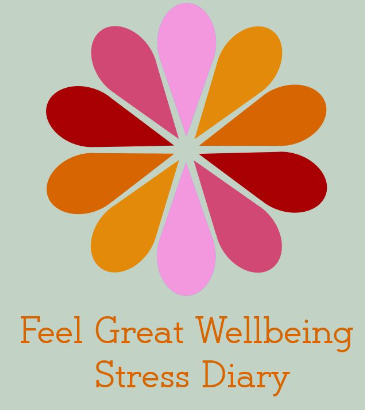Managing Individual Mental Health Pressures in a Pharmacy
Tips on dealing with workplace pressures have already been covered in this module but most of these concentrated on what the workplace could do to assist staff. There is also a lot that individual staff can do to support themselves on dealing with pressures including:
Take control
The act of taking control and finding a solution that specifically meets your needs is in itself empowering. Try to identify those things that you can control and concentrate on dealing with them. Speak with a manger or colleague if needed.
Prioritise and manage your time
If you are feeling overwhelmed and cannot see a solution, try listing all the things you need to do and then prioritise them. Is there anything you can remove from the list? Identify which ones you must do yourself and whether you can ask someone else to take something on.
For each task or problem, try brainstorming ways to tackle the first bit of the problem. Think about what advice you would give someone else or what advice they would give you. Write a plan with small, easy steps. Think about any obstacles that may get in the way and look at methods of combatting them. Focus on dealing with one chunk at a time and avoid the temptation to race ahead and try to solve everything at once. By breaking your problems down, they will feel much more manageable.
Be active
Exercise won’t make your stress disappear, but it will reduce some of the emotional intensity that you’re feeling, clearing your thoughts, and enabling you to deal with your problems more calmly as well as increasing your feeling of well-being. It helps to dispense the stress hormones that can builds up in the body as a result of stressful situations. Exercising outside is particularly beneficial, so even if you can only take a walk in the park at lunch time it can have a positive effect on your stress levels.
Connect with others
Talking to someone else can be a great help. A good support network of colleagues, friends and family can help you see things in a different way and gain perspective on a situation.
Have some ‘me time’
It is important to take some time just for you, to socialise, relax or exercise. Prioritise this time. Some examples are: have a meal with family/friends, take the children to the park, read a book, take up a new hobby. Making time to unwind and enjoy life is an important part of improving and maintaining positive wellbeing. It not only relieves stress and anxiety, but also lowers blood pressure, relieves chronic pain, and improves your immune and cardiovascular systems.
Work stress
Work can be a significant source of stress. Try to work regular hours, take breaks, and use up your leave entitlement. Make your work environment as comfortable as you can. Raise problems with your manager where appropriate and use time management techniques. If the situation is very difficult, for example, if you feel you are being bullied, consider taking some advice. This could be from your union or Pharmacist Support’s employment adviser.
Prioritise work/life balance
Like it or not, work takes up a significant amount of your daily life, so it’s important to find a balance between giving it your undivided attention while you are there and drawing a line under it when you leave at the end of the day.
Some useful tips on making that divide are:
- make a list of anything that requires attention before you finish for the day and leave it at work to refer to the next day.
- avoid checking emails at home.
- use your journey home to think through the day and ‘let go’ of it.
- set yourself enjoyable goals outside of the workplace.
Avoid unhealthy habits
Try not to rely on alcohol, smoking and caffeine as your ways of coping. Instead try to maintain a healthy diet as what you eat can have a major impact on how you feel.
Be positive
Look for the positives in life and be aware of things for which you’re thankful. Write down three things at the end of every day which went well or for which you’re grateful.
By making a conscious effort you can train yourself to be more positive about life. If you can change your perspective, you may see your situation from a more positive point of view.
Keep a stress diary
NHS People First website suggests keeping a stress diary for a few weeks to help you become more aware of what is causing your stress and how you operate under pressure and to help develop coping mechanisms.
They suggest noting down the date, time, and place of the stressful episode, plus:
- what you were doing
- who you were with
- how did you feel emotionally
- what your thoughts were
- what you started doing
- how you felt physically
- and then giving a stress rating between 0 and 10 (where 10 is the highest level of stress).
The website also suggests several self-help techniques to help people to tackle stress, but also advises that if the techniques are not working, medical/ professional help should be sought.

